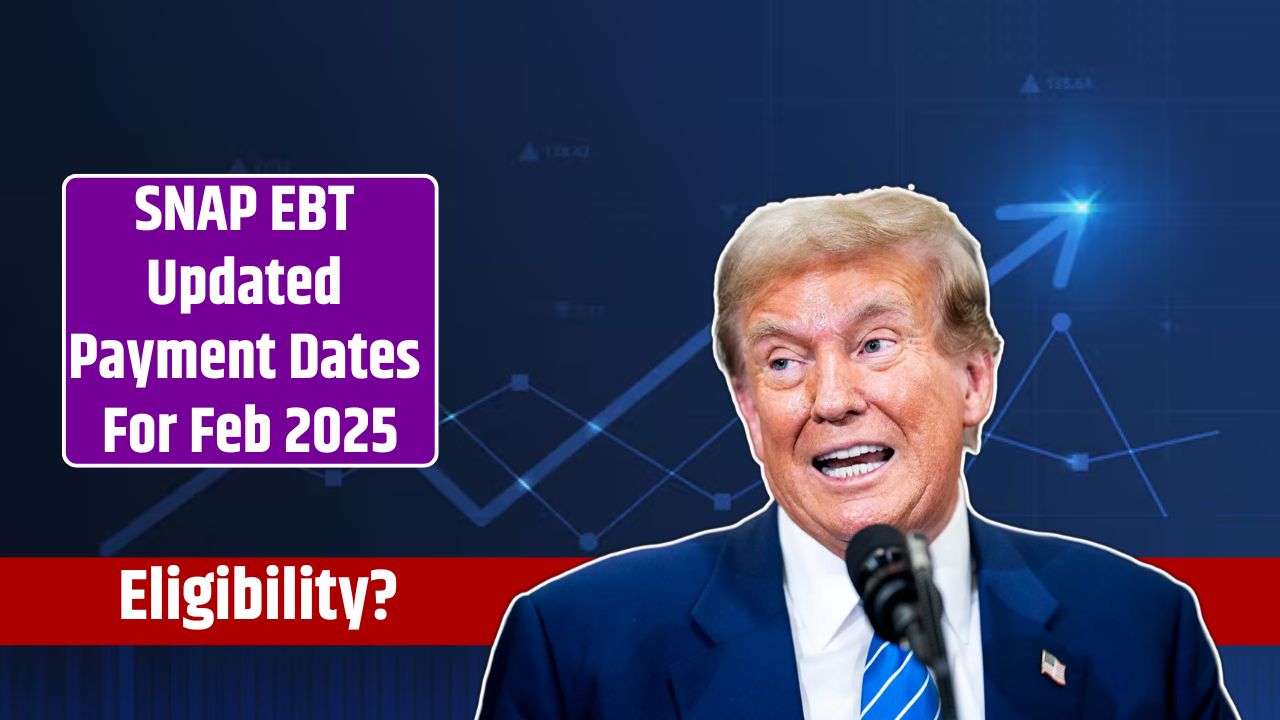Citibank’s $29.5 million class action settlement for robocalls has been confirmed for 2025.
If you received unsolicited robocalls regarding Citibank credit card accounts—especially if you were never a customer—you might be eligible for compensation ranging from $350 to $850.
Here’s everything you need to know about eligibility, payouts, and filing a claim.
What is the Settlement About?
The lawsuit alleges that Citibank violated the Telephone Consumer Protection Act (TCPA) by making automated robocalls to non-customers between August 15, 2014, and July 31, 2024.
These calls, made to cell phones, allegedly included prerecorded messages about past-due Citibank credit card accounts.
Since such calls are prohibited without prior consent, Citibank has agreed to settle and compensate affected individuals.
Who is Eligible?
To qualify for the settlement, you must meet these criteria:
- Non-Customer Status: You must not be a current or former Citibank customer.
- Robocall Receipt: You must have received one or more automated calls made with a prerecorded voice about a Citibank credit card account.
- Timeframe: Calls must have been received between August 15, 2014, and July 31, 2024.
- Cell Phones Only: Only calls made to mobile phones are eligible for this settlement.
If you meet these conditions, you’re entitled to a payout.
How Much Compensation Can You Expect?
The settlement amount varies based on the number of claims submitted:
| Criteria | Estimated Payout |
|---|---|
| Received 1-5 robocalls | $350 to $850 |
| Received more than 5 robocalls | Up to $2,500 (with proof) |
- The exact amount depends on the number of valid claims filed. If fewer people file, payouts will be on the higher end.
- To claim more than $850, you may need to provide evidence such as phone bills or call logs showing repeated robocalls.
How to File a Claim
Filing your claim is simple and can be done in a few steps:
1. Visit the Official Website
Go to ClaimDepot.com, the official claim submission site, for detailed instructions and access to the claim form.
2. Fill Out the Claim Form
Provide the following information:
- Your name, address, and email
- The mobile phone number that received the robocalls
- Dates or approximate timeframe of the calls
3. Submit Your Claim
Submit your completed form online or mail it to the address provided:
Head v. Citibank, N.A. Claims Administrator
P.O. Box 301134, Los Angeles, CA 90030-1134
4. Include Supporting Documents (if applicable)
If you’re claiming more than five calls, attach phone records or logs showing the dates and times of the calls.
5. Submit Before the Deadline
The filing deadline is December 20, 2024. Claims submitted after this date will not be considered.
Important Dates to Remember
| Event | Date |
|---|---|
| Filing Deadline | December 20, 2024 |
| Final Settlement Hearing | January 14, 2025 |
| Expected Payout Distribution | Early 2025 |
Common Misconceptions About the Settlement
- “I didn’t answer the calls, so I’m not eligible.”
Answering the call is not necessary to qualify. If the calls were made to your phone, you’re eligible. - “I don’t have proof of the calls.”
While proof increases your chance of a higher payout, it is not mandatory for the basic claim of $350–$850. - “I’m a Citibank customer, so I can’t file.”
Correct. Only non-customers are eligible for this settlement. - “I’ll receive the full $29.5 million.”
The settlement fund will be divided among all eligible claimants. Your payout depends on the number of claims filed. - “This sounds like a scam.”
It’s not. Class action settlements are legitimate legal proceedings, and compensation is real.
Why Filing a Claim is Worth It
Filing a claim takes only a few minutes, and the potential payout is substantial. If you’ve received robocalls that violated your rights, this is an opportunity to receive compensation.
The TCPA protects consumers from intrusive and unauthorized communication, making settlements like this an essential mechanism for accountability.
















